In the autumn of 2020, I arrived on the Isle of Man carrying the weight of a mental health battle that had left me feeling disconnected from everything, including myself. I'd come seeking space to breathe, to think, to heal. Then COVID locked the world down, and what initially felt like another constraint became an unexpected gift. With nowhere to go but into nature, I found myself wandering the island's ancient paths, breathing in the woodland air, and slowly, almost imperceptibly at first, beginning to remember something I'd forgotten.
It wasn't just healing that unfolded during those long walks along coastal paths and through wooded glens; it was a remembering. A remembering of who we are as human beings, of our place within the living world, and of an ancient connection that modern life has somehow severed. The transformation was so profound that I decided to study the phenomenon academically, completing an MSc in Health Psychology with a focus on Nature Connectedness and advanced training as a Nature Therapist. This journey has since become integral to everything I do at Coaching Philosophia.

The Paradox of Disconnection
Before I share what I discovered in both my personal journey and academic research, let me address something that often comes up in practitioner circles: "How can we be disconnected from nature if we are nature?" It's a valid philosophical point, and technically accurate: we are indeed nature, made of the same elements as stars and soil. But tell that to someone who hasn't left their apartment in weeks, whose only interaction with the living world is through a screen, whose nervous system is perpetually activated by the ping of notifications rather than the rustle of leaves.
The disconnection isn't ontological, it’s experiential. We may be nature, but many of us no longer experience ourselves as nature. We've forgotten the language our bodies speak with trees, the way our nervous systems calibrate to natural rhythms, the profound sense of belonging that comes from being embedded in the living world. This forgetting has consequences.
The Science of Remembering
What I discovered in my research validated what my body had already learned on those Isle of Man paths. We humans have co-evolved with the natural world for millennia, developing what Professor Dimsdale from UC San Diego calls "healing codes”, intricate biological and psychological connections that keep us healthy and whole.
One of the most fascinating discoveries involves terpenes: the aromatic compounds that trees use to communicate. When we breathe in the air where trees are amassed, we're not just getting oxygen; we're absorbing these bioactive substances that our bodies recognise and know how to use. It's as if we're participating in an ancient conversation, one our ancestors knew fluently but we've largely forgotten.
Emerging research suggests that these terpenes may influence hormones like DHEA (dehydroepiandrosterone) and have protective effects on the immune and cardiovascular systems, though more research is needed to fully understand these pathways. But it goes beyond biochemistry. Natural environments filled with trees activate our parasympathetic nervous system, the rest-and-digest response that's the antidote to our stress-saturated lives. They open doorways to creativity, to daydreaming, to the kind of expansive thinking that's impossible when we're locked in fight-or-flight mode.

The Functional Circle
The 19th-century biologist Jakob Johann von Uexküll described every living being as existing within a "functional circle" with its environment. We perceive our habitat through our senses, respond to it, and in turn shape it. This isn't just poetry, it’s biology. Our consciousness doesn’t reside solely in our brains but is deeply embodied—traveling, as Diane Ackerman beautifully puts it, "the whole body on caravans of hormone and enzyme.”
This understanding revolutionises how we think about health and well-being. Mental stress manifests physically through inflammatory processes and immune deficiency. Physical states influence our mental condition. We are not machines with software installed, but living systems in constant dialogue with our environment.
The Cost of Forgetting
Our modern disconnection from nature isn't just making us unhappy, it’s making us sick. The diseases of affluence—heart disease, obesity, diabetes, anxiety, depression—can be traced to this severing of our natural connections. What Richard Louv calls "nature deficit disorder" isn't just affecting our children; it's creating a crisis of meaning and health across generations.
During my time studying this phenomenon, I encountered countless studies showing that regular contact with nature reduces stress, improves mood, enhances cognitive function, and boosts immunity. But numbers and data points don't capture what I experienced on those walks: the gradual quieting of mental chatter, the return of wonder, the feeling of coming home to myself.

The Practice of Reconnection
So how do we decode nature's healing message in our daily lives? How do we bridge the gap between knowing we are nature and experiencing ourselves as nature?
It starts with intention and attention. It might be as simple as:
- Taking your morning coffee outside, feeling the air on your skin
- Touching a tree when you pass one, really touching it, feeling its texture
- Growing something, herbs on a windowsill, vegetables in a garden
- Walking barefoot without headphones, letting your feet touch the ground and your senses open to the world
- Finding a "sit spot" in nature that you return to regularly
Breathing deeply when you step outside, consciously taking in the terpenes and bioactive compounds that are your birthright
In my practice at Coaching Philosophia, I've watched clients transform through these simple practices. Not because they're doing anything extraordinary, but because they're remembering something essential, that we are not separate from the living world but woven into it.

Beyond Individual Healing
This work extends beyond personal wellness. E.O. Wilson's concept of “biophilia”, our innate affinity for life and living systems, suggests that reconnecting with nature isn't just about individual healing but about remembering our role as participants in the web of life. When we experience ourselves as nature, we naturally begin to protect and nurture the living world, not from duty but from love.
The healing code of nature isn't really a code at all; it’s a conversation, a rhythm we never stopped having, we just stopped listening. Every breath in a woodland, every moment with bare feet on earth, every instance of wonder at a bird's flight or a flower's bloom is part of this ongoing dialogue.
The Invitation
As I write this from my home on the Isle of Man, where my journey of remembering began, I'm aware that each of us has our own path back to connection. The circumstances that brought me here—mental health struggles, a global pandemic, an island's enforced stillness—were unique to my story. But the invitation is universal.
In a world that profits from our disconnection, that feeds on our forgetting, remembering our place in nature becomes a radical act. It's an act of healing, yes, but also of resistance to the narrative that we are isolated individuals, biological machines, separate from the living world.
The trees are still speaking in terpenes. Our bodies still know how to listen. The functional circle that connects us to all life remains unbroken, waiting for us to step back in. The healing codes of nature aren't lost; they’re encoded in every cell of our being, waiting to be remembered.
What might change in your life if you accepted this invitation? What might heal? What might you remember?
This understanding of our profound connection with nature forms the foundation of my work at Coaching Philosophia. If you're curious about exploring your own relationship with the natural world, I invite you to reach out. Sometimes the most profound journeys begin with a single step outside.
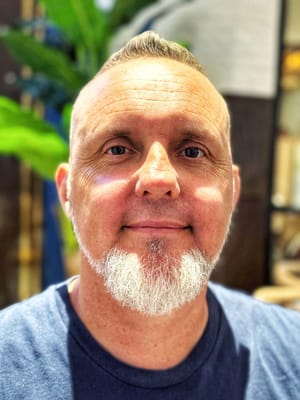



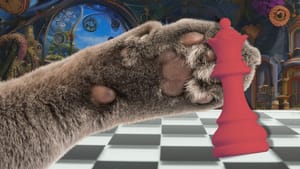
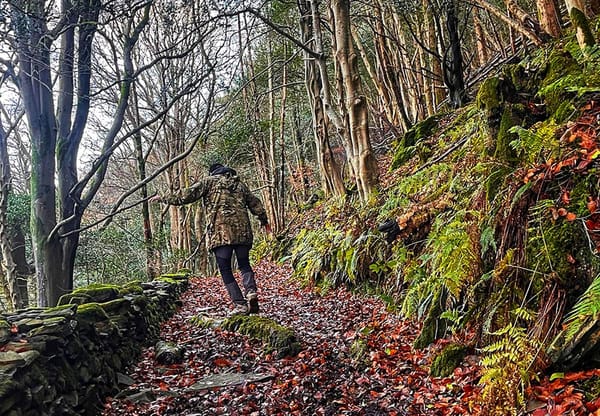
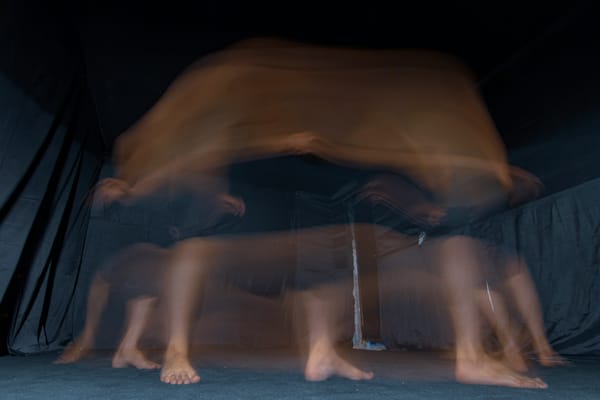


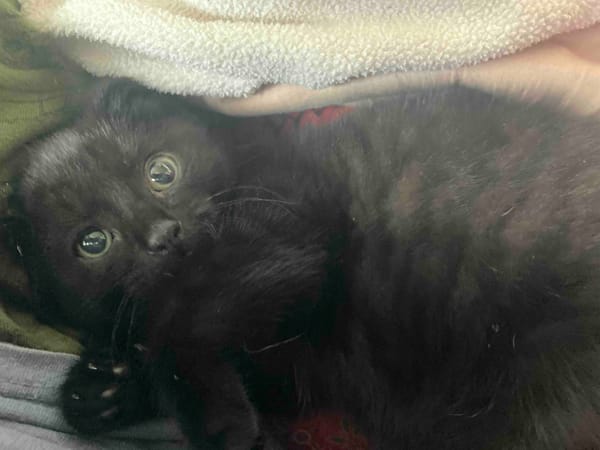
Member discussion